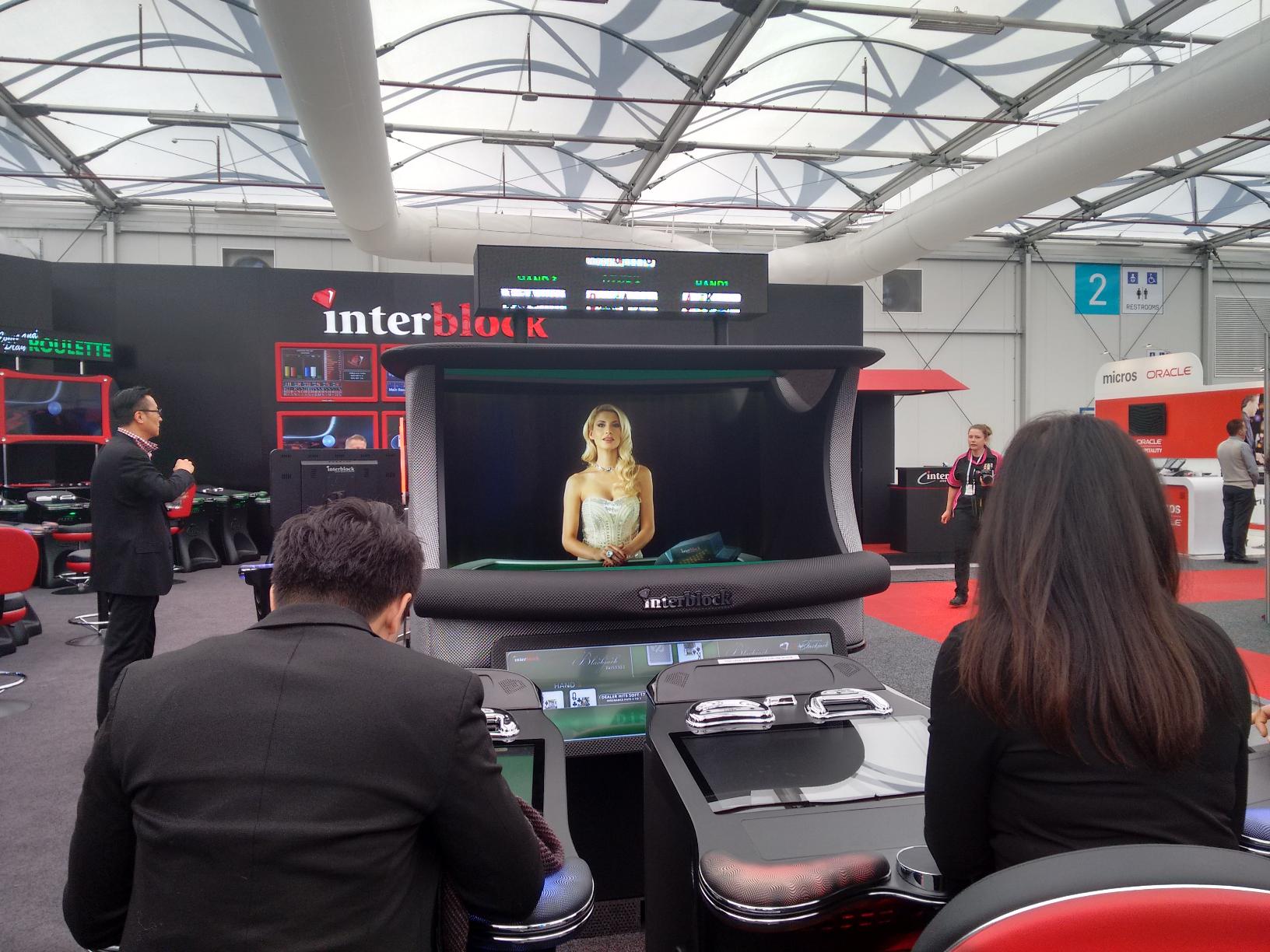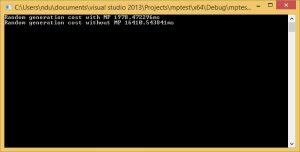Follow last post Share Brother HL-2130 through Lenovo Iomega EZ Media & Backup Center USB port.
Recently I update Lenovo EZ firmware, but unfortunately Brother HL-2130 sharing stops working.
After some research, I found that CUPS web page is not configured for external IP address.
By default you are only able to access CUPS admin web interface from localhost by going to https://localhost:631.
But to access this page from another remote machine, you need to first make some edits to the cups conf file. So do the following:
1. Edit the cups configuration file located in /etc/cups/cupsd.conf and make the section that looks like:
# Only listen for connections from the local machine.
Listen localhost:631
Listen /var/run/cups/cups.sock
look like this:
# Listen on all interfaces
Port 631
Listen /var/run/cups/cups.sock
2. Then you need to modify the Apache specific directives to allow connections from everywhere as well. Replace the followin section:
<Location />
# Restrict access to the server...
Order allow,deny
</Location>
<Location /admin>
# Restrict access to the admin pages...
Order allow,deny
< /Location>
<Location /admin/conf>
AuthType Default
Require user @SYSTEM
# Restrict access to the configuration files...
Order allow,deny
</Location>
to:
<Location />
# Restrict access to the server...
Order allow,deny
Allow all
</Location>
<Location /admin>
# Restrict access to the admin pages...
Order allow,deny
Allow all
</Location>
<Location /admin/conf>
AuthType Default
Require user @SYSTEM
# Restrict access to the configuration files...
Order allow,deny
Allow all
</Location>
3. Restart your cups daemon:
# /etc/init.d/cupsd restart
4. You should now be able to log into cups on your server with:
https://yourserverip:631








